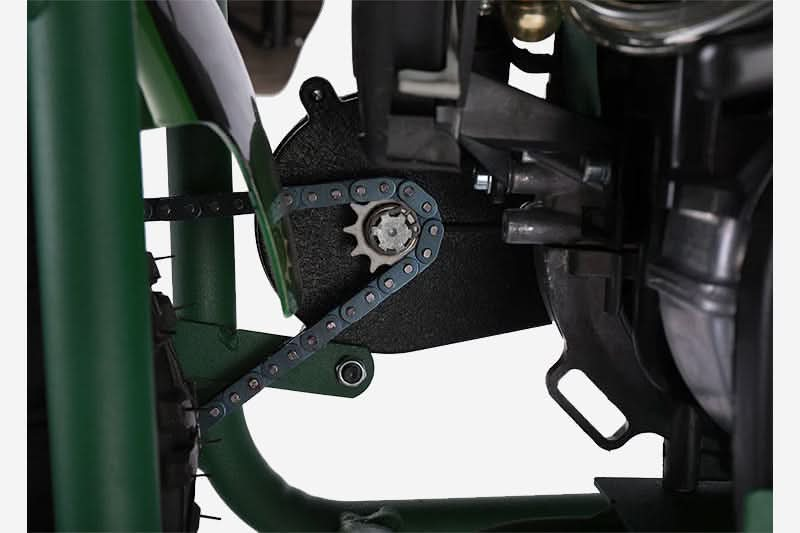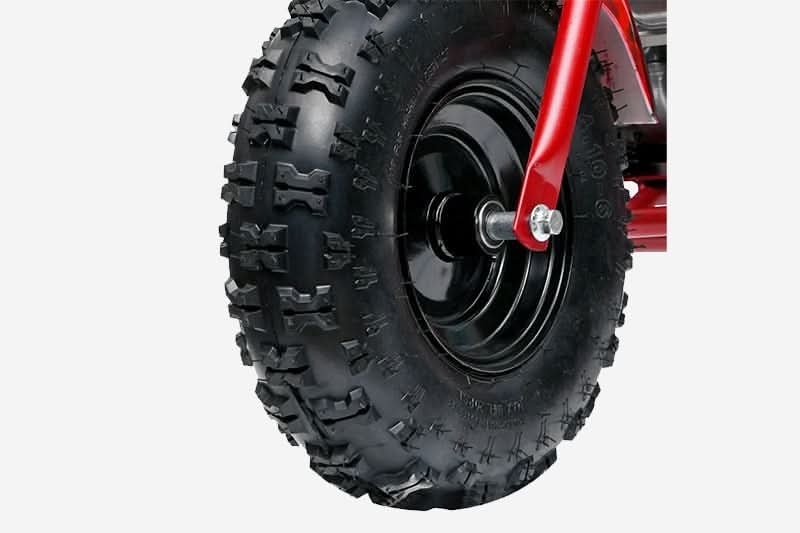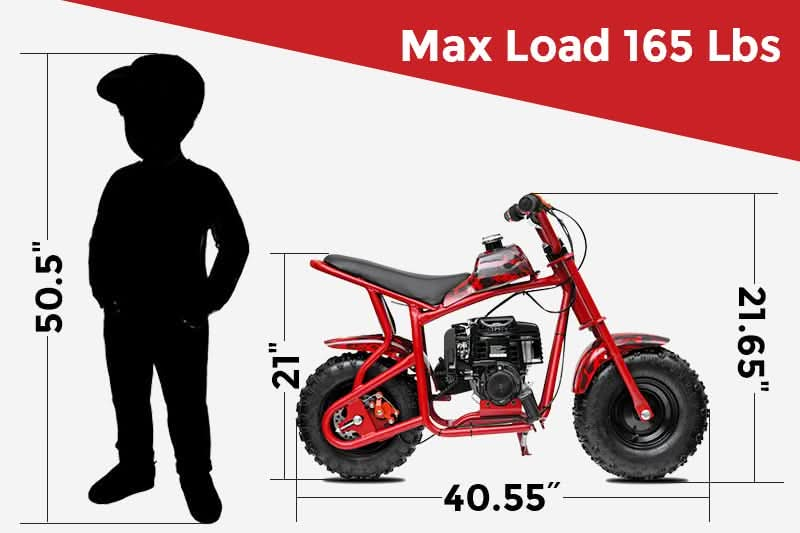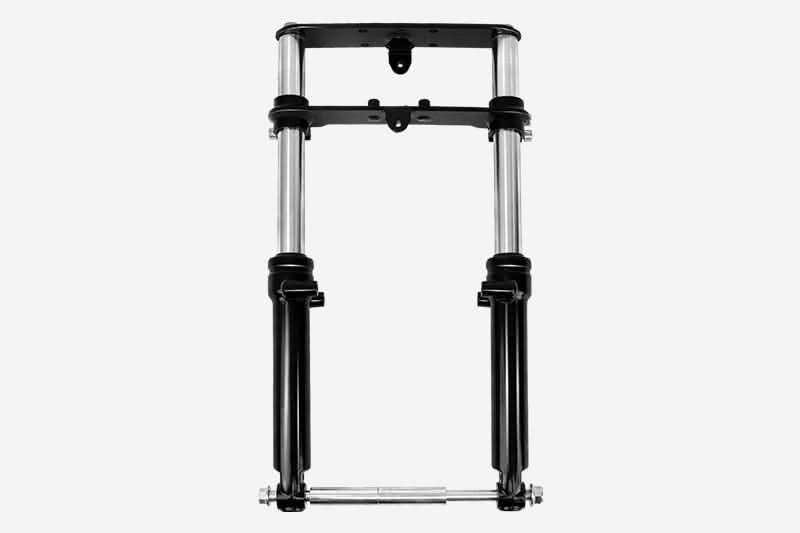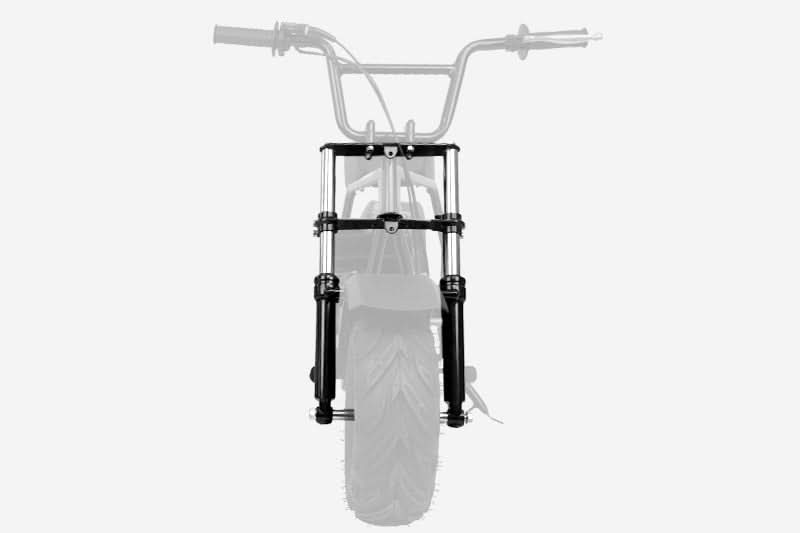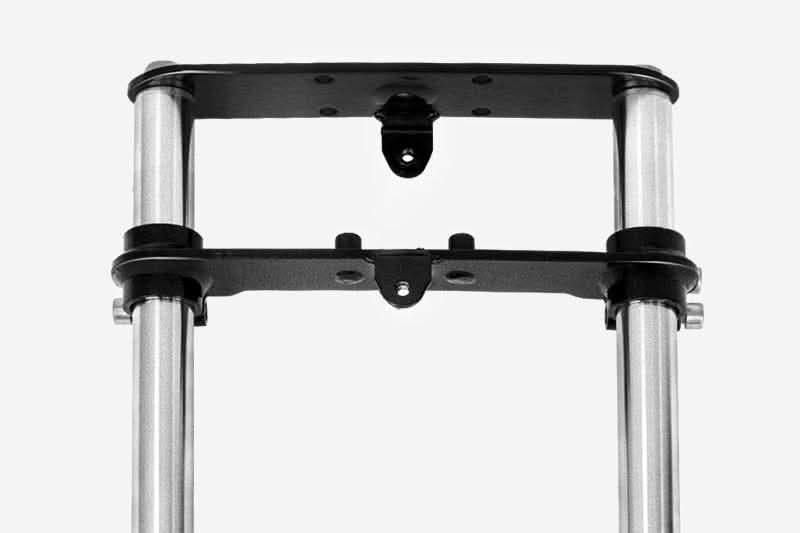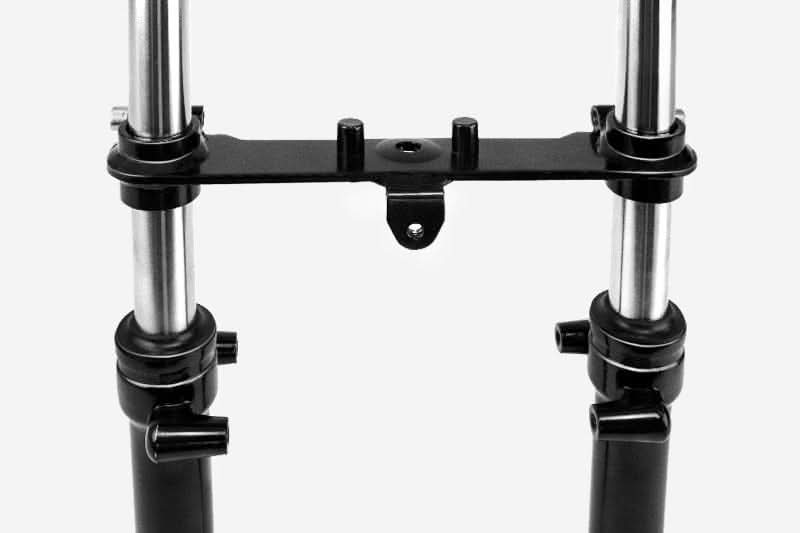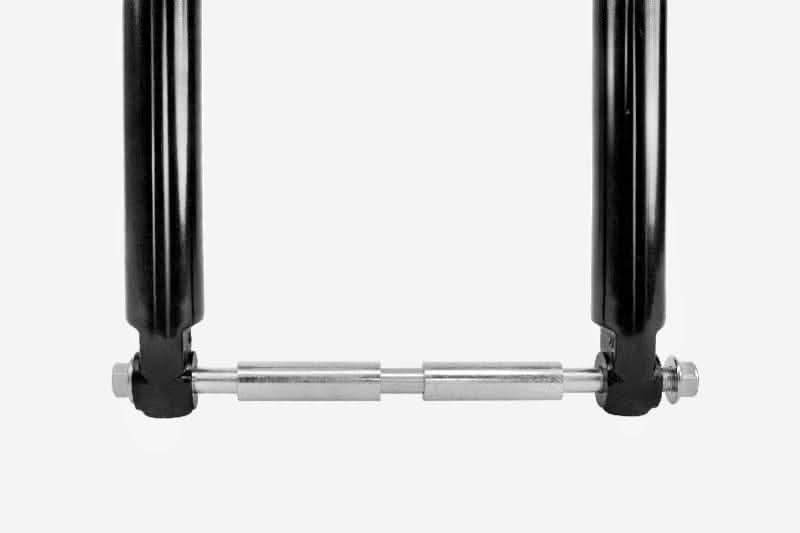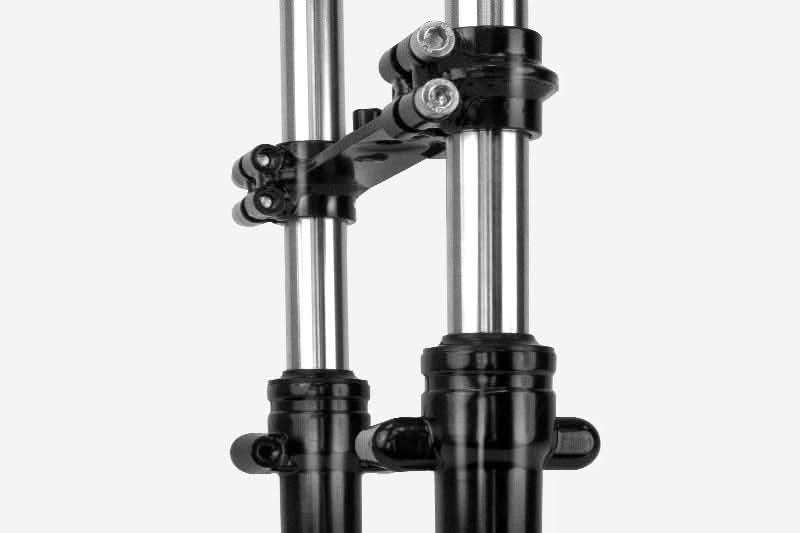Dirt biking and self-confidence: Building skills and independence for kids
Dirt biking can help build confidence in a few different ways. First, learning a new skill, such as riding a gas dirt bike, can be challenging and require perseverance. As someone becomes more proficient at riding kids’ dirt bikes, they may feel a sense of accomplishment and pride in their abilities. Additionally, dirt biking can require quick decision-making and problem-solving skills, which can help build confidence in one's ability to handle difficult situations.
What specific skills and traits can be developed through dirt biking, the first one should be Physical fitness. Riding a gas dirt bike requires strength, endurance, and agility, which can improve overall physical fitness. Moreover, it can also improve balance and coordination, riding a dirt bike requires intense focus and concentration to navigate the terrain, avoid obstacles, and maintain control. 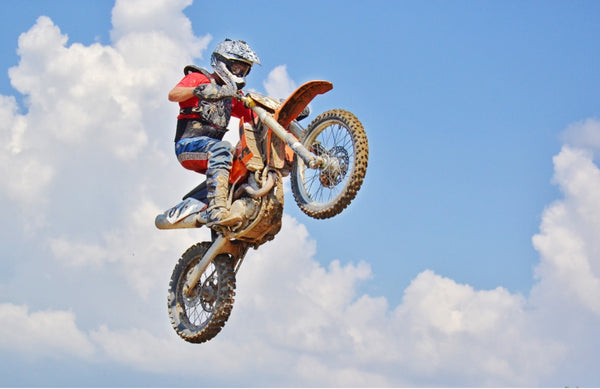
Benefits of Dirt Biking for Building Self-Confidence
Dirt biking can help build confidence in several ways:
- Overcoming Fear: Dirt biking requires a certain level of bravery and courage to navigate through challenging terrain and perform difficult maneuvers. As riders push their limits and succeed in overcoming their fears, they gain a sense of accomplishment that boosts their self-confidence. However, for beginners, it is better to start with a mini dirt bike, and the 40CC KIDS DIRT BIKE 003 with a 4-stroke engine is a good choice.
- Developing Skills: Dirt biking requires physical coordination, mental focus, and strategic thinking. As riders develop their skills in these areas, they become more confident in their ability to handle challenges on and off the bike.
- Learning from Mistakes: Dirt biking involves making mistakes and learning from them. As riders get back up after falling and continue to push themselves, they develop resilience and a growth mindset that fosters confidence.
Some specific skills and traits that can be developed through dirt biking include physical fitness, problem-solving, focus and concentration, and risk management.
Challenges and Risks of Dirt Biking
Dirt biking is an adventurous and thrilling activity that comes with certain risks and challenges. One of the most significant dangers associated with dirt biking is falls and injuries. Riders can easily lose control of their bikes and suffer injuries such as cuts, bruises, broken bones, and concussions.
The importance of proper safety gear and training cannot be overstated in dirt biking. Riders should always wear a helmet, goggles, gloves, sturdy boots, and protective clothing. The helmet is especially important in protecting the rider's head from impact during a fall or collision. Riders should also have proper training before hitting the dirt. A gas dirt bike rider who is inexperienced or untrained is more likely to make mistakes and put themselves and others at risk.
To manage and overcome challenges and build resilience in dirt biking, riders should start by setting realistic goals and practicing regularly. They should gradually increase their skills and confidence while paying attention to safety. Riders can also benefit from seeking guidance from experienced riders and taking classes or workshops.
Building Skills and Independence Through Dirt Biking
Dirt biking can be an excellent way for kids to build independence and self-sufficiency. Riding dirt bikes requires self-discipline, decision-making skills, and problem-solving abilities. Children who participate in dirt biking can learn to take responsibility for their actions and make decisions on their own.
Riding kids’ dirt bikes can help kids acquire many specific skills and knowledge. For example, children can learn bike maintenance and repair skills, including changing tires, adjusting brakes, and tuning engines. Dirt biking can also teach kids about navigation, as riders need to be able to read maps, navigate trails, and understand the terrain.
To foster independence and self-reliance through dirt biking, parents can encourage children to take ownership of their bikes and equipment. Parents can also give children age-appropriate tasks to help with bike maintenance and encourage them to learn about bike repair and upkeep.
Tips for Encouraging Self-Confidence in Kids Who are New to Dirt Biking
Suggestions for helping kids who may be nervous or hesitant about trying dirt biking for the first time, try to start with a small and easy-to-ride bike. Choosing a motorbike for kids that is appropriate for the child's size and experience level can help build their confidence and make it easier for them to learn the basics. Then choose a safe and controlled environment, such as a flat grassy field, where the child can practice riding and get a feel for the bike before moving on to more challenging terrain.
Dirt biking can be challenging, especially for beginners, so it's important to be patient and supportive throughout the learning process. Also, provide feedback that is clear and specific, focusing on areas where the child can improve and offering suggestions for how to do so.
Conclusion
In conclusion, dirt biking can be a great way for kids to build self-confidence, and independence, and learn valuable skills. By starting small, focusing on safety, setting achievable goals, and creating a supportive and encouraging learning environment, parents and caregivers can help children overcome their nervousness and hesitation about trying kids’ dirt bikes for the first time. Through practice and persistence, children can develop their skills, build confidence, and gain a sense of independence and self-reliance that will serve them well in other areas of their lives.








































